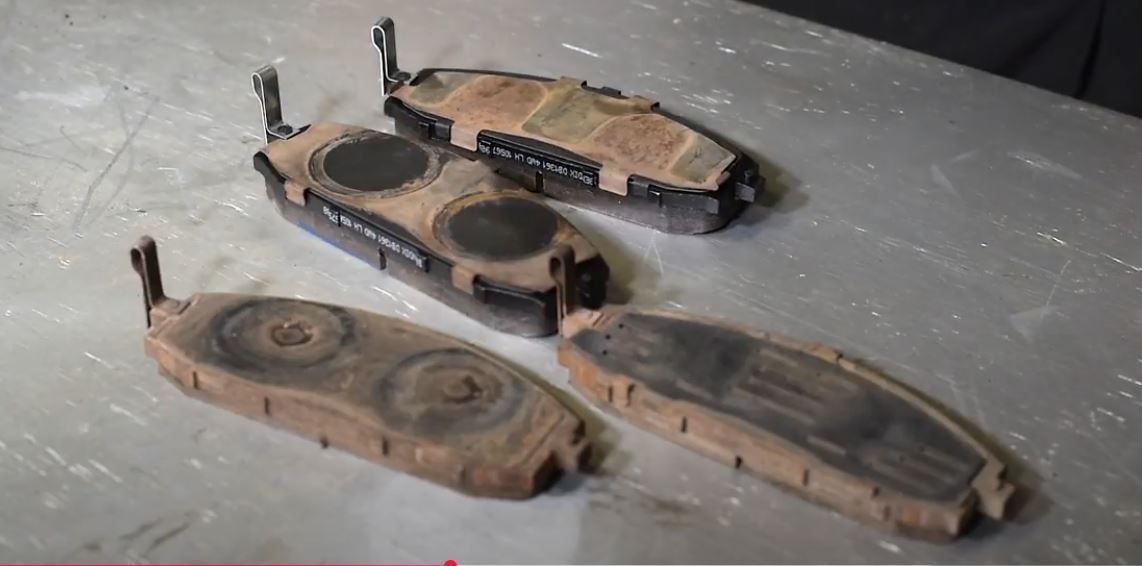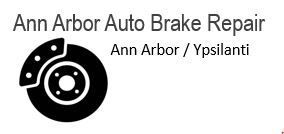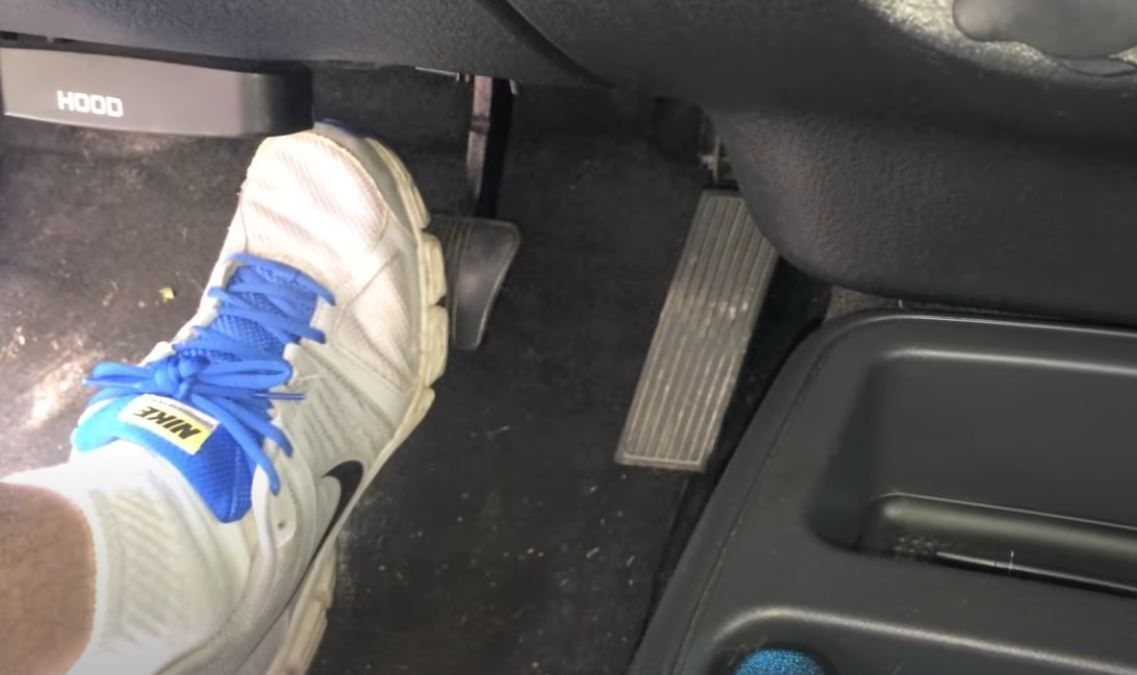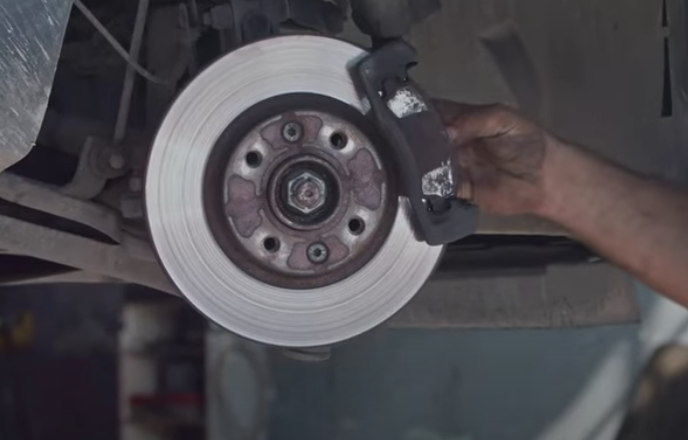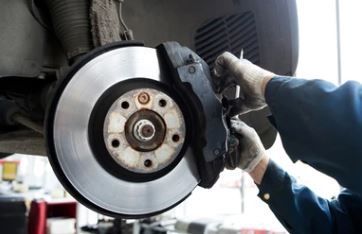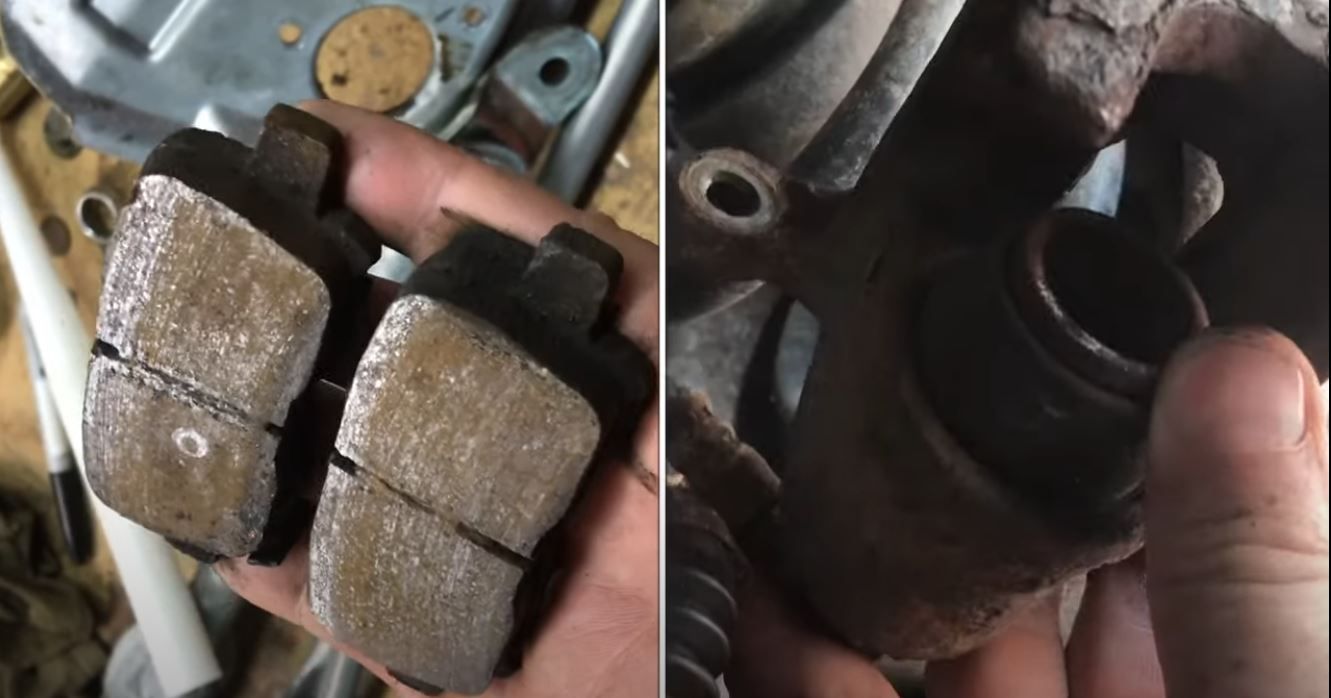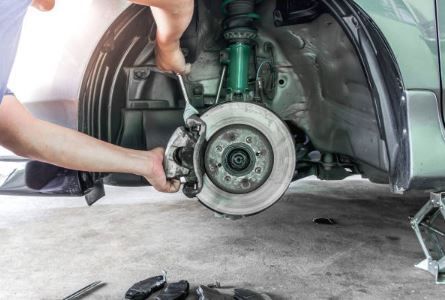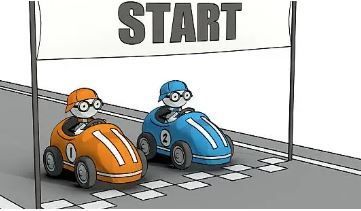How much should a brake job cost on a car?
How much should a brake job cost on a car?
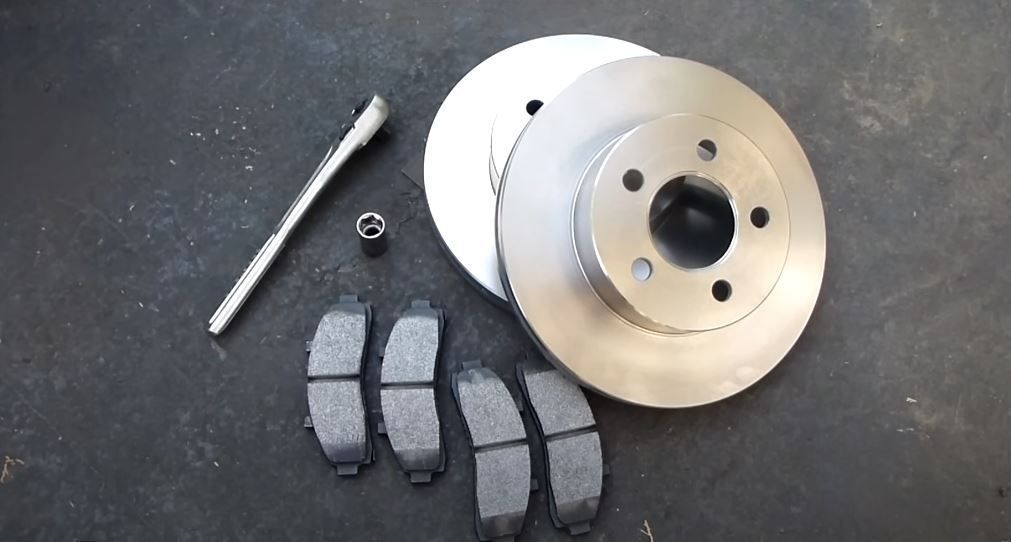
A Guide to Saving on Car Maintenance
One of the most important aspects of maintaining the safety of your vehicle is to make sure that your vehicle brakes function and are operating in a comfortable margin from brake failure. Brake jobs can seem mysterious and costly to many car owners. The cost of a brake job can vary widely, ranging anywhere from $200 to $2,000 (or more), depending on the signs given by your brakes. Understanding what influences brake repair prices can help you make more informed decisions and potentially save you money along the way.
Breaking Down the Costs
When you take your car in for a brake job, the overall cost depends on a few key factors.
Parts - First, let’s talk about the parts. Brake pads are the most commonly replaced part, and typically range between $50 and $150 for each wheel, depending on your preference for basic aftermarket pads or premium ceramic pads. If your rotors are worn down and need replacing, they can cost anywhere from $30 to $100 per rotor. Most brake shops will not offer to grind or resurface the brake rotor. Luxury or high-performance cars may require more expensive components. If you’re replacing both the pads and rotors, the price may also need to include any caliper adjustment or replacement at $130 or more per wheel.
Labor - Labor is another significant factor in the total cost of the brake job. On average, a brake job can take anywhere from 1.5 - 3 hours (about 45 minutes/wheel), and labor rates typically range from $75 - $150 per hour, depending upon the type of shop you choose. This means that even a simple brake job can run into the $300 - $500 range at a typical independent shop. The costs will be potentially even higher if done at a dealership.
Location - Independent Shops vs. Dealerships: What’s the Real Difference?
A common question that many car owners ask is “Do I take my vehicle to an independent mechanic whom I may not know, or to a vehicle dealership for brake service?” Dealerships tend to charge a premium for their services due to the higher overhead costs of the dealership shop, and the implication that they change brakes on your type of vehicle regularly (and are very familiar with your specific vehicle’s brake system. For a standard brake job at a dealership, they may charge anywhere from $500 - $800 per axle, which adds up quickly if getting work done on both axles.
Independent shops may offer significant savings. Many independent brake shops can perform the same work as a dealership for as little as $200 - $500 per axle. In addition to being more affordable, independent shops may also offer a more personalized service, taking the time to explain the brake change or repair process and recommend the best solution for the least cost for your vehicle. Take my neighbor Sarah, for example. She recently had her brakes replaced at a local independent shop, where she saved nearly $300 compared to the dealership's quote. The work was completed in half the time, and she was able to speak with the technician about her concerns without feeling rushed.
Complexity of the Job - A complete brake job doesn’t just mean swapping out worn pads—it involves inspecting the entire braking system to ensure everything is functioning properly. Depending on the condition of your car’s brakes, this can include checking the calipers, inspecting fluid levels, and even cleaning or lubricating the brake components. This comprehensiveness of this brake service can take several hours, which may mean that your brake job will cost more than you may have initially expected.
Type of Vehicle - The type of vehicle you drive plays a big role in how much you can expect to pay for a brake job. If you drive a luxury or European car, the parts and labor involved can be significantly more costly due to the specialized nature and/or the rarity of the components. Trucks (and other vehicles) with advanced braking systems (such as anti-lock brakes), can also add extra cost due to the added complexity.
For example, I’ve had a friend with a luxury SUV who had to replace his brake pads and rotors on that vehicle. His bill came out to nearly $1,500 – which included premium ceramic pads, high-end rotors, and several hours of labor. Compare that to a more straightforward brake job on a domestic sedan, where the cost would be just a fraction of cost of the expensive brake job just discussed, that typically costs around $300 - $500.
Tips to Save on Brake Jobs
While it’s tempting to simply choose the cheapest option, it's important to keep the quality of the service in mind. The last thing you want to do is to compromise on your safety in exchange for a couple dollars of savings. Here are a few tips to help you get the best deal:
Get Multiple Quotes: Don’t settle for the first price you’re given. Call around to a few different shops—both dealerships and independent mechanics and compare the prices they offer. Be sure you also account for transportation to/from the shop, so that you can pick up your car as soon as it is available, and without delays.
Ask About Parts: The type of parts you choose can greatly influence the price you may be charged. Ceramic brake pads, for example, can be more expensive than semi-metallic pads, but they offer better performance and longevity. Be sure to ask your mechanic about the pros and cons of different part options and brands for your vehicle, to better understand the performance and longevity characteristics that come with each choice.
Understand Your Driving Needs: If you do a lot of stop-and-go driving, or like to speed to a stop sigh and then heavily brake to stop, or do heavy towing, your brake system may require more frequent servicing. Let your technician know about your driving habits. They may be able to help you choose the right parts for your needs.
Watch Out for Upselling: Some dealerships or shops may try to upsell you on services you don’t need, or on higher quality parts that may not be useful to you and your driving style. At an independent shop, you may find more straightforward service without the added pressure to buy unnecessary extras.
Conclusion: Invest in Your Safety
Ultimately, a brake job is more than just an expense—it’s an investment in your safety. Whether you choose a dealership or an independent shop, it’s essential to choose a service provider that you trust and with whom you feel comfortable. While prices can vary significantly between these choices, it’s often the case that independent brake shops provide comparable service at a fraction of the cost of dealerships, and without the added fees a dealership may charge. Take your time to do the necessary research: comparing quotes, and asking the right questions. When you do this, you should find that Ann Arbor Auto Brake Repair shops are the right choice and will keep you and your car safe on the road without breaking the bank.
